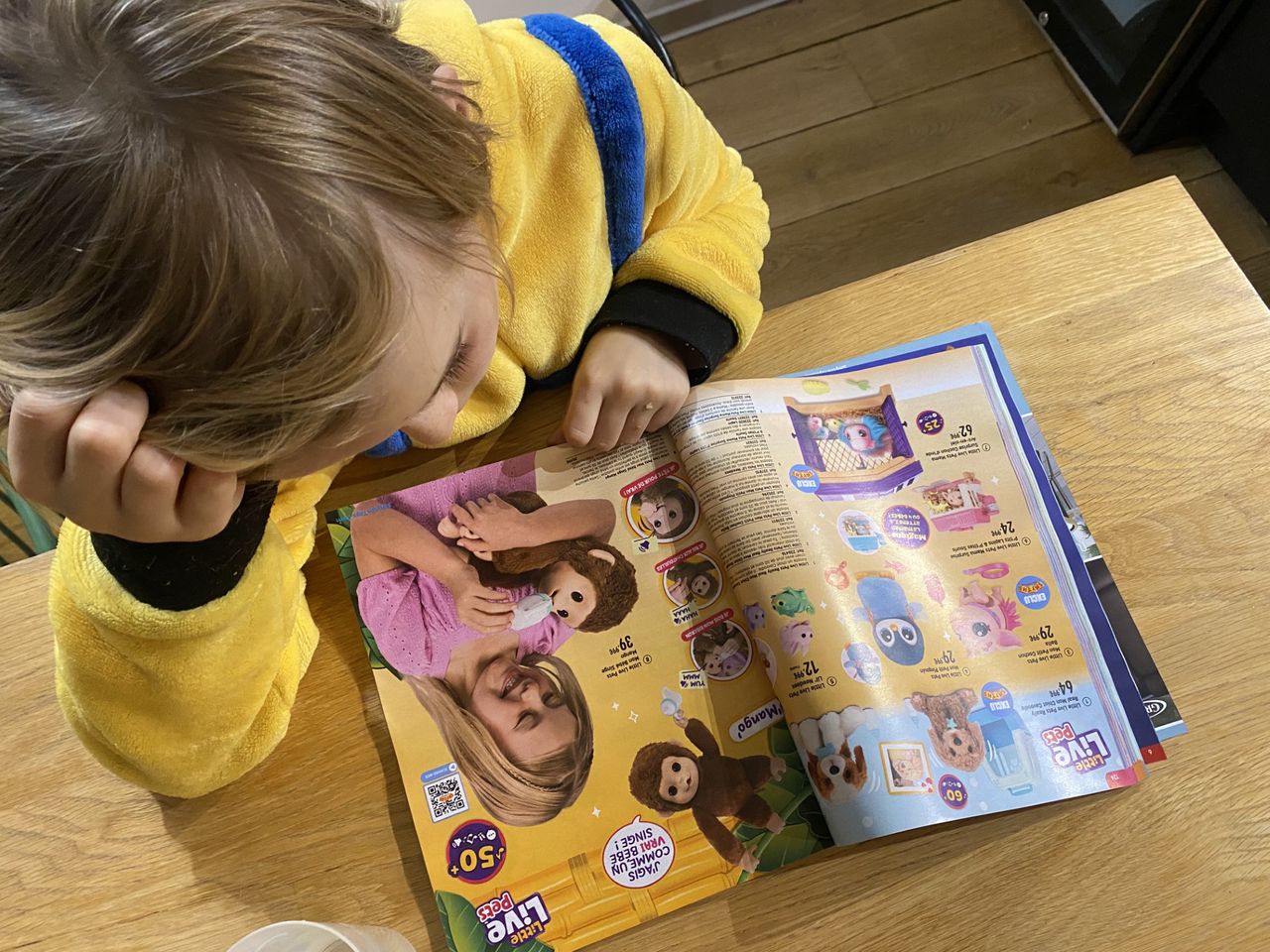In a world where digital marketing predominates, print marketing publications play a crucial role in brand communication strategy. Whether it’s brochures, catalogues, flyers, or magazines, print media has a distinct impact on reader engagement. This article examines how print marketing publications influence consumer engagement, recall, and perception. Indeed, print publications seem to retain a special place in readers’ hearts.
Sensory dimension
Printed marketing publications offer a unique tactile experience that can increase reader engagement. High-quality paper, special finishes such as selective varnish or embossing, and innovative formats attract attention and encourage further exploration. For example, luxury catalogues with textured covers and glossy pages create an impression of value and exclusivity. Holding a printed medium in your hands and turning the pages generates a deeper interaction than digital reading, where interaction is often more superficial. The scent of paper and ink can also create a memorable and emotional experience. Old books, for example, often evoke feelings of nostalgia.
Information focus and retention
Research12 indicates that print publications offer significant advantages in terms of information retention and recall compared to digital formats. This can enhance the effectiveness of marketing campaigns. Print media, free from digital distractions, allows for complete engagement with the content, leading to improved concentration and better retention of information, which is beneficial for conveying complex or detailed marketing messages. Studies demonstrate that information read on paper is often better remembered than information read on screen, thereby enhancing the effectiveness of marketing campaigns.
Emotional commitment and brand creation
Print publications are often perceived as authentic (in fact, they can’t be erased!) as they enhance readers’ emotional and psychological engagement.
- Printed publications help build a coherent, tangible brand identity. Visual elements and physical design can reinforce brand image and the perception of quality.
- Printed publications, with their physical appearance and production quality, can evoke positive emotions such as satisfaction, luxury, or authenticity, as they increase readers’ engagement with the brand.
- Reading a printed book can be associated with moments of calm and relaxation, creating a more reflective and emotionally meaningful experience compared to quick online reads.
Engagement and direct interaction
Print publications enable direct, measurable interactions with consumers.
- Brochures and flyers can include clear calls to action, such as coupons or QR codes, encouraging immediate, measurable responses. A persistent paper medium can invite web consultation.
- Print publications offer direct ways for consumers to respond, such as application forms or event invitations, which can increase engagement.
- With augmented reality, paper can become an interactive medium.
Durability and long-term impact
Durability and Long-Term Impact Paper is durable and cannot be easily erased, making it a stable medium. This makes printed publications, such as:
- Catalogues or magazines, visible in consumers’ homes or offices for an extended period, allow for prolonged exposure to marketing messages.
- Printed media are often consulted multiple times, reinforcing recall and commitment and serving as a reliable reference.
- Overall, the paper provides reliability and security.
Conclusion
Print marketing publications are essential for reader engagement and brand communication. Their sensory impact, ability to enhance recall, emotional influence, and capacity to encourage direct interaction make them powerful tools in modern marketing. By integrating print media into their strategies, companies can create more engaging and lasting brand experiences for their consumers. J2S Simple Workspace is a modern, web-based platform that connects to your data to facilitate and automate the creation of printed materials, whether brochures, catalogues, flyers, magazines, labels, parcel asylum, and more. If you’d like to take a closer look at the touchpoints involved in print publishing, I suggest this article explaining what J2S Simple Workspace can help you achieve.
Get in touch with us: we’d be delighted to talk.
D. Lantier
Business Developer














